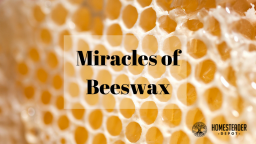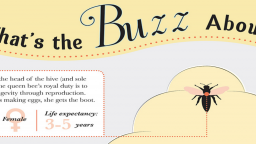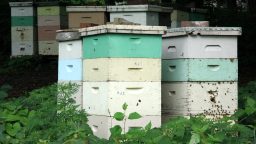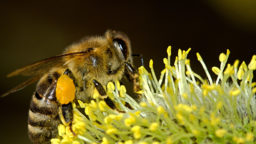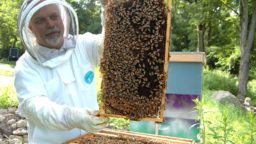Bees are amazing creatures. Well organized and extremely productive, they are able not only to make their own food (honey) but also the custom facilities they live in and store the food (honeycomb). In addition to pollinating naturally occurring and farmed produce, they do more for us than we can imagine.
Beeswax is literally bee’s wax. It is the waxy secretion their bodies produce to make their honeycombs. And, it has as many health benefits and other uses as the honey that makes them so popular with us.
Beeswax has been used for millennia. It has appeared in Egyptian tombs and ancient Viking ships alike. From medicines to cosmetic creams and solid perfume, there are tons of ways to use it.
In this article, we’ll talk about some of the health benefits that this miracle of nature can provide.
The Ultimate Skin Care Product
In general, beeswax has rejuvenation properties for our skin. It contains large amounts of vitamin A, improves blood circulation in skins cellular structure, reduces skin inflammation and detoxes the skin. Some conditions it can be used to treat include:
Acne
Beeswax is rife with antiseptic and anti-inflammatory agents. Combined with the healing properties of the vitamin A mentioned above, it is a power packed natural way to fight unwanted blemishes.
Fungi and Bacterial Skin Issues
Beeswax can help prevent fungi and bacterial growth on the skin. This prevention makes beeswax excellent for reducing breakouts of eczema, psoriasis, diaper rash and jock itch. For a quick and easy natural ointment, mix equal parts honey, beeswax and olive oil to affected areas three times a day for up to a month.
[Uncover Beekeeping Secrets] Everything A Beginner Beekeeper Needs To Start Producing Honey! <<< Find Out More Here >>>
Chapped Lips and Skin Relief
There is a reason most quality lip balms contain beeswax. Not only do they help heal skin, they also provide a moisture barrier to keep the surface of lips and skin from drying out even more.
Stretch Marks
The dread of every first-time mom and an unfortunate side effect of weight loss. Stretch marks are easy to get and difficult to make disappear. If you want to be ready for bikini season, mix shea butter, royal jelly, coconut oil, and grapeseed oil with beeswax to help treat and prevent stretch marks. Use twice a day for best results.
Related Article: 22 Ways to Use Beeswax
Dietary Supplements
Beeswax is not just beneficial to your outsides. It can also help keep you healthy on the inside.
Lowers High Cholesterol
Beeswax contains extremely long chain fats and alcohols in their chemical makeup. These ”long-chain” fatty alcohols have been shown to lower bad cholesterol and raise good cholesterol.
Liver Health
The high level of antioxidants in beeswax also help protect you from liver damage. It can also assist in returning the liver to normal functions and improve fatty liver symptoms that have already been diagnosed.
Aids in Glucose Processing and Insulin Resistance
Glucose is the essential energy source for all of our bodies systems, especially your brain. The waxy alcohols in honeycomb have been shown to significantly reduced the markers for insulin resistance. Insulin resistance leads to type-2 diabetes and other health issues.
Beeswax – A Naturally Occurring Miracle
We mentioned just a few of the primary ways beeswax can help you feel better, inside and out. Purchasing Organic Beeswax is much simpler than it used to be, which is convenient unless you decide to become a bee-keeper or know a friend who is one.
A word of caution. If you decide to take Beeswax as a supplement to help with your internal health, make sure you follow the recommended doses. Overconsumption will lead to gastrointestinal issues but won’t increase the benefits you receive.
